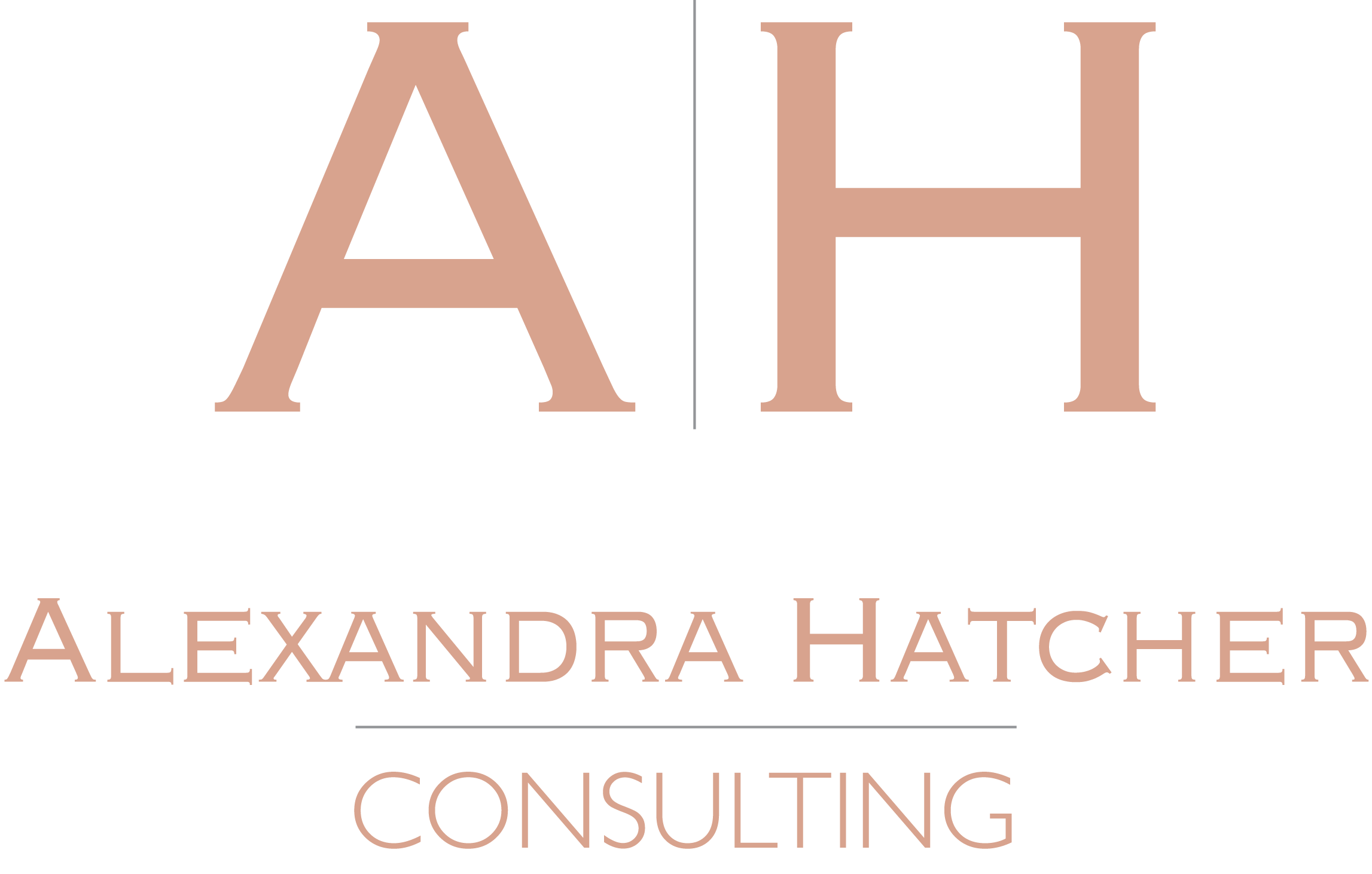Much has been written on organization resiliency and the “ability of an organization to anticipate, prepare for, respond and adapt to incremental change and sudden disruptions in order to survive and prosper”.[1] Being flexible and able to succeed in the face of change is a skill that organizations can develop, and embed deep within their organizational culture. At the recent Report to the Community hosted by Calgary Arts Development, Richard Evans from EMCArts talked about “flexing your resiliency muscle” in relation to organizational success. He stated that there were a number of indicators of resiliency in arts organizations, including:
- taking risks;
- being courageous;
- being creative in your thinking ; and
- engaging actively in collaborative work.
There are direct connections between these indicators for organizations and one’s personal resiliency.
The other week, I was asked the question, “What do you attribute your resiliency to?” I have been exploring organizational resilience and sustainability for a number of years now, looking at the various factors that support sustainability and how to integrate these into operations. However, I had never seriously contemplated it personally, or evaluated my own ability to be resilient, figuring out how to survive and thrive in the face of personal change.
Examining the behaviours Evans identified from a personal perspective, I asked myself a series of questions:
- Do I create space within my personal and professional life for things to happen without my control but to exist within the structures I have established?
- Am I courageous and do I take risks?
- Am I mindful of the interconnectedness of my actions?
- Do I work creatively and bring in collaborators to challenge me and make me better?
When dealing with personal challenges, you often hear ‘what doesn’t kill you makes you stronger’. There is truth to this cliché. As I looked back at some of the challenges I have dealt with over the years, I can honestly say that I have taken risks … some of which have been successful, and others that didn’t pan out as I expected. Living mindfully allows me to take the lessons learned in those situations and the next time I decide to take a risk, I know what I don’t want to happen, or what not to do, therefore improving my chances of success. I have also learned the importance of having people around you who don’t just automatically agree with everything, there is trust where if I want to bounce an idea, or talk through an issue. I need people I can trust who will give me honest feedback, will support my decisions, and or pitch in where needed.
This way of living, and this way of working, provides me with the opportunity to continuously improve, adapt as needed based on the specific circumstances I’m dealing with, and, consequently, be more successful going forward.
When looking at your organization’s or your own personal resiliency, are there ways in which you can encourage or challenge more adaptive behaviours? Do you have the ability to ‘bounce back’ with greater ease? The Health and Wellness program at Vanderbilt University has a Resilience Toolkit that identifies all of these concepts into three categories: attitude, skillset, and lifestyle:
| ATTITUDE: | OPTIMISM
SOCIAL CONNECTION WELCOME CHANGE HUMOUR GRATITUDE ACCEPT HELP |
SKILL SET: | MINDFULNESS
COMMUNICATION PROBLEM SOLVING EMOTIONAL INTELLIGENCE |
LIFESTYLE: | PHYSICAL ACTIVITY
NUTRITION SLEEP |
Utilizing tools such as this provide a framework to think mindfully about your actions, directly contributing to resiliency. For organizations who are working holistically, understanding the ways in which your staff react to change and the ease with which they adapt, connects not only to the organization’s Health and Wellness Facet of sustainability, but also to the overall resiliency of the organization. If your people don’t adapt well to change, the organization will not adapt to change successfully.
Whether exploring your organization’s ability to be resilient and encouraging more flexible attitudes or behaviours, or examining your own ability to be adaptive to changes which are inevitable in life, mindfulness in decision making, the actions taken, and the behaviours encouraged, all contribute to a resilient organization, and life. Incorporating a framework such as the Vanderbilt example into your evaluation processes, personal assessments, or your decision making process, will support resiliency and overall success.
[1] British Standards Institution, Organization Resilience – definition. Retrieved from: https://www.bsigroup.com/en-GB/about-bsi/media-centre/press-releases/2014/November/Organizational-resilience-standard-published/
[2] Vanderbilt University, Health and Wellness. Resiliency Toolkit. Retrieved from: https://healthandwellness.vanderbilt.edu/ql/resilience-toolkit.php
